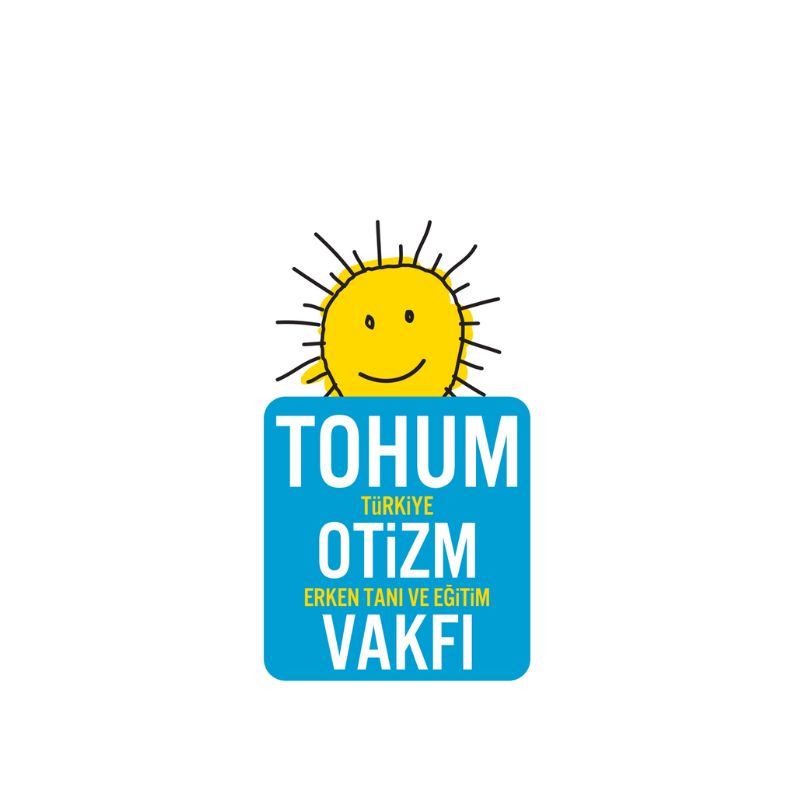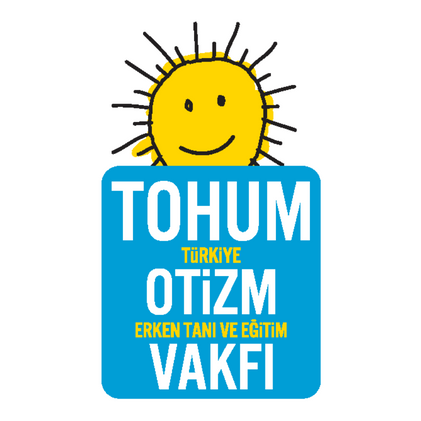You may be concerned that your child’s behavior is different from other children of their age. If you think that this types of behavior could be signs of autism, then you may wish to find out what autism is and how it may affect you and your family.
Autism Spectrum Disorder (‘ASD’) is a complex neurodevelopmental disorder that either is present at birth or develops in the early years of childhood. It is believed to be caused by nervous system problems in the structure or the function of the brain. In this text we refer to ASD as autism from time to time for ease of use.
What is Autism Spectrum Disorder ('ASD')
What Causes ASD?
Though the exact cause of autism is uncertain, there is some evidence that it has its basis in genetics. Unfortunately, which gene or group of genes is responsible for autism is not known. There are also some views that associate environmental factors with autism. Much of research has focused on both genetic origins and environmental factors.
Autism is not in any way related to how children are raised or a family’s economic situation. ASD occurs in each and every society, in different countries, ethnicities and families.
What are the Characteristics of ASD?
[vc_single_image image=”6835″ img_size=”full” label=””][vc_separator color=”custom” align=”align_left” style=”solid” gap=”tall” accent_color=”#1e73be”]The Importance of Early Detection
If your child…
- does not make eye contact with others
- does not respond to their name being called out
- behaves as though he/she does not hear what is being said
- does not point their finger at what they want
- is unable to play with their toys
- shows no interest in games their peers play
- repeats certain words over and over again in unrelated situations
- is falling behind their peers in speaking skills
- rocks back and forth or makes other unusual gestures
- is overly energetic, wild, and wilful in their behavior
- seems mesmerised by objects
- displays unusal behavior like turning over or lining up certain objects
- reacts disproportionately to changes in his/her daily routine
… then an autism evaluation should be carried out. Roughly half of children who are diagnosed early on and receive the appropriate education in an intensive way can control their behavior, make developmental progress, and in some cases be indistinguishable from their peers by the time they are teenagers.
Diagnostic Processes
How is autism diagnosed and by whom?
Only medical doctors specializing in autism can diagnose the condition. Children with autism do not look any different from other children, their dissimilarities manifest in their behavior. The diagnosis made by specialists is based on observation, developmental testing, and parent interviews. Autism can be diagnosed after the first 12 months of a child’s life. Early diagnosis expedites the start of special education and prevents waste of time.
In our country, only child neurologists and child mental health care professionals are qualified to diagnose autism.
- Child Mental Health Care Professionals: These are professionals who evaluate, diagnose and treat issues concerning children’s mental health. They observe children, conduct interviews with parents, make assessments according to the diagnosis scale, conduct a medical examination, and make a diagnosis. If necessary, they suggest further medical examination and drug treatment. Medications are used to support education and curb unwanted convulsions. Autism is not currently curable with medication.
In order to follow up on changes and make sure that necessary arrangements are made, your child should be seen by a child mental health care professional at regular intervals (Once or twice every year).
- Child Neurologist: A child neurologist is a specialist in children’s nervous system problems. Child neurologists can also provide evaluations for autism diagnosis. Additionally, neurologists may order imaging scans (such as MRI, CT, EEG etc.) and suggest treatments for some conditions that are both associated with autism such as epilepsy or non-autism related other conditions. However, only a quarter of all children with autism have such problems. Therefore, unless a doctor informs you that these scans are absolutely necessary, we suggest you do not wear yourselves out emotionally or financially in order to get these sorts of scans.
If your child has not been diagnosed with autism, which institutions and specialists can you contact?
-
- You can apply to Child Mental Health Specialist Care Units at University Hospitals.
- You can also apply to State Hospitals that have Specialist Child Mental Care professionals or Pediatric Neurology Units.
If your child gets diagnosed with autism, your next step should be obtaining a “Medical Board Report for the Disabled”.
How Do You Get a Medical Board Report for the Disabled?
In order to get a Medical Board Report for the Disabled, you need to inquire with a hospital that has a Board for the Disabled (i.e. a Disabled Health Board). These boards are comprised of internal medicine, general surgery, ophthalmology, ear-nose and throat, neurology, and mental health specialists.
It's not your fault!
Autism is one of the most prevalent neurological disorders of our day and according to data from the Centers for Disease Control and Prevention agency in the United States, while in 2006 1 out of every 150 children was diagnosed with autism, this number has risen to 1 out of every 88 children in 2012. As of 2018, which is the most recent year for which we have statistics, 1 out of every 59 children now has autism.
Autism is observed in all races, ethnicities, and across every social strata; it must be stressed that a family’s income, lifestyle or level of education have absolutely no bearing on the occurrence of autism.
Although there is conflicting data on instances of occurrence, the consensus is that autism is more prevalent in boys than girls.
Children who are diagnosed with autism may have varying degrees of learning and intellectual disabilities.
In the past few years, autism has come to be recognized more as a special education category around the globe. Autism Spectrum Disorder (ASD) has now replaced the word ‘autism’. The definition of ASD presents itself through the following instances:
- ASD is thought to result from neurological factors. A significant percentage (approximately 35%) of individuals with ASD present with comorbid neurological problems such as seizures, convulsions, loss of consciousness, etc. that stem from abnormal synaptic activity in the brain.
- ASD is not a mental illness, however its symptoms are reminiscent of certain mental conditions.
- Research has shown that child rearing preferences or a family’s socio-economic situation have no bearing on the occurrence of ASD.
- There is some preliminary data suggesting that ASD may be genetic but the gene or genes that may cause ASD have not been identified.
- In the past, ASD was thought to be a condition affecting 1 in 500 individuals, however more recent data shows that approximately 1 in 59 children are now diagnosed with ASD. Additionally, boys are 4.3 times more affected than girls.
- Contrary to popular belief, individuals with ASD have varying levels of intellectual disabilities. Also, in mental assessment tests, certain areas can show comparatively more disability indicators.
- Only a small percentage (approximately 10%) of individuals with ASD are ‘gifted’ (musical talent, prodigious memory, etc.).
In the American Psychiatric Association’s Diagnostic and Statistical Manual of Mental Disorders (DSM–5), autism is redefined under “Autism Spectrum Disorder” and its characteristics are gathered under two main sections (APA, 2013):
- Social communication and interaction difficulties
- Difficulty in forming and maintaining relationships
- Inability to make eye contact
- Inability to articulate emotions
- Difficulty in initiating and maintaining interactions with others
- Patterns of restricted/iterative behavior (repetitive behavior)
- Stereotyped and repetitive motor mannerisms
- Insistence on sameness, attachment to routines
- Restricted and intense focus areas
- Either under or over-emotionally responsive
















